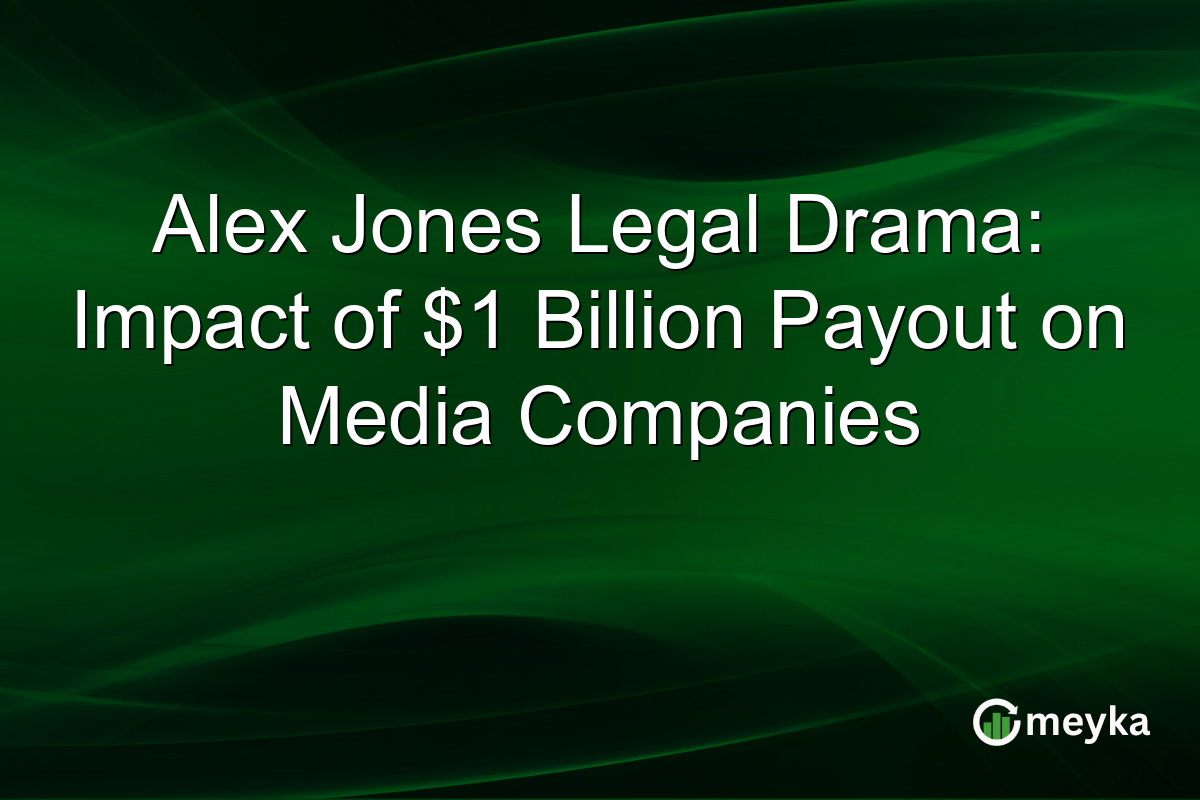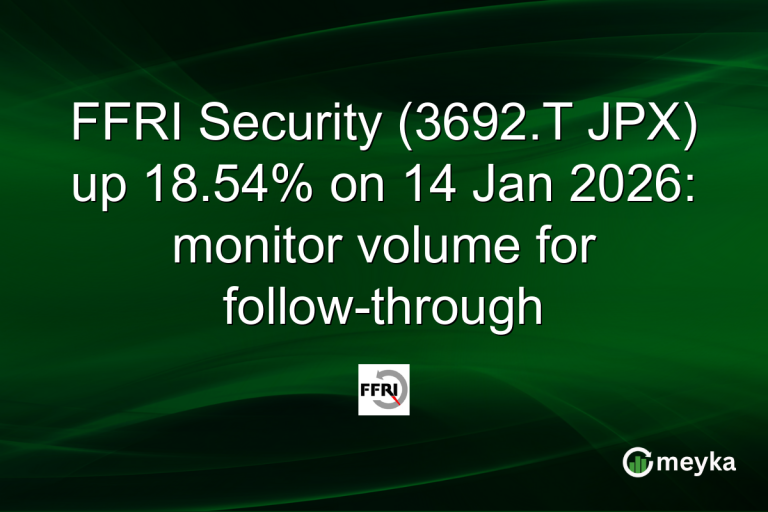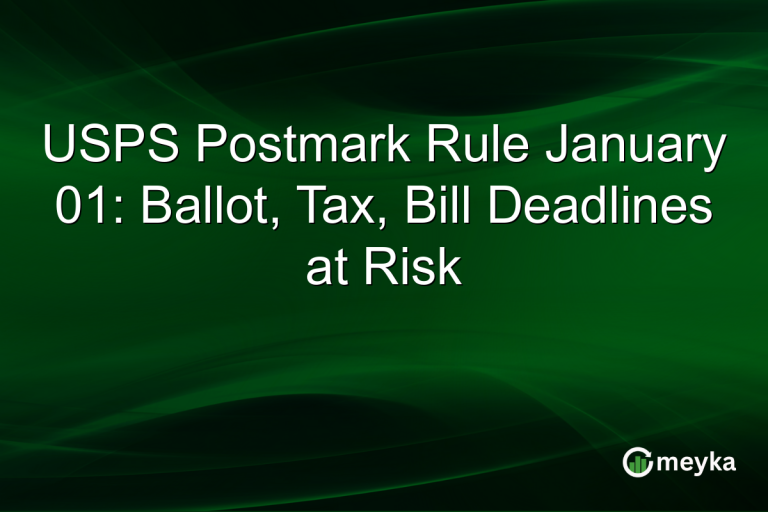Alex Jones Legal Drama: Impact of $1 Billion Payout on Media Companies
The Alex Jones legal case has captured global attention, following a hefty verdict related to his false claims about the Sandy Hook shooting. The verdict, which holds Jones accountable for nearly $1 billion, underscores the serious financial risks for media companies engaged in misinformation dissemination. As this case unfolds, it offers a cautionary tale for media entities in Great Britain and beyond.
Continue Reading on Meyka
This article is available in full on our main platform. Get access to complete analysis, stock insights, and more.
Read Full Article →





